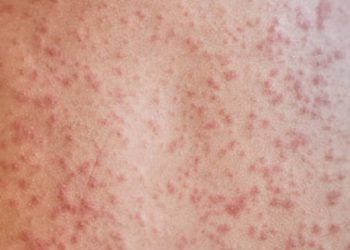Managing and Treating ADPKD
There is currently no cure for ADPKD, but there are many ways to manage the symptoms, slow the disease progression, and maintain a good quality of life for as long as possible. Managing and treating ADPKD focuses on preserving kidney function, controlling complications, and delaying kidney failure for as long as possible.
Blood pressure control is critical. High blood pressure not only results from ADPKD but also speeds up kidney damage. Medications like ACE inhibitors or ARBs are commonly prescribed. Regular monitoring is essential, and lifestyle changes such as reducing salt intake, exercising regularly, and avoiding smoking all help lower risk.
People with large cysts may need pain management. In some cases, doctors may perform aspiration (draining the cyst) or surgery to relieve discomfort
Other management strategies include:
- Treating urinary tract infections promptly
- Managing kidney stones with hydration and medication
- Limiting protein intake in advanced stages (as advised by a renal dietitian)
- Avoiding nephrotoxic substances like NSAIDs
In advanced cases, where kidney function declines significantly, patients may require dialysis or a kidney transplant. Fortunately, ADPKD does not typically recur in a transplanted kidney.
Managing and Treating ADPKD
Newer treatments like tolvaptan, a vasopressin receptor antagonist, have shown promise in slowing cyst growth and kidney decline. However, access to these medications in South Africa remains limited to specialised centres and the private sector.
4o.
Supportive care, such as psychological support and education, also plays an important role. Chronic illnesses like ADPKD can take an emotional toll, especially when they run in families.
With careful management, many people with ADP
KD can delay kidney failure for decades and continue living active, fulfilling lives.
Living Proactively with ADPKD
Autosomal Dominant Polycystic Kidney Disease (ADPKD) is a lifelong condition, but it doesn’t have to define your life. While there’s no cure, modern treatments, regular monitoring, and healthy lifestyle choices can slow progression and improve quality of life. Staying informed, working closely with healthcare providers, and accessing emotional and community support are all key to managing this journey.
You Are Not Alone
Whether you’re newly diagnosed or supporting a loved one, remember—you’re not alone. Help and support are available, and many others are navigating similar journeys. Support, resources, and communities are available to help you navigate the journey. With awareness, advocacy, and proactive care, it’s entirely possible to live with strength, dignity, and purpose despite ADPKD.
👉 [Next: Complications and Long-Term Outlook]


